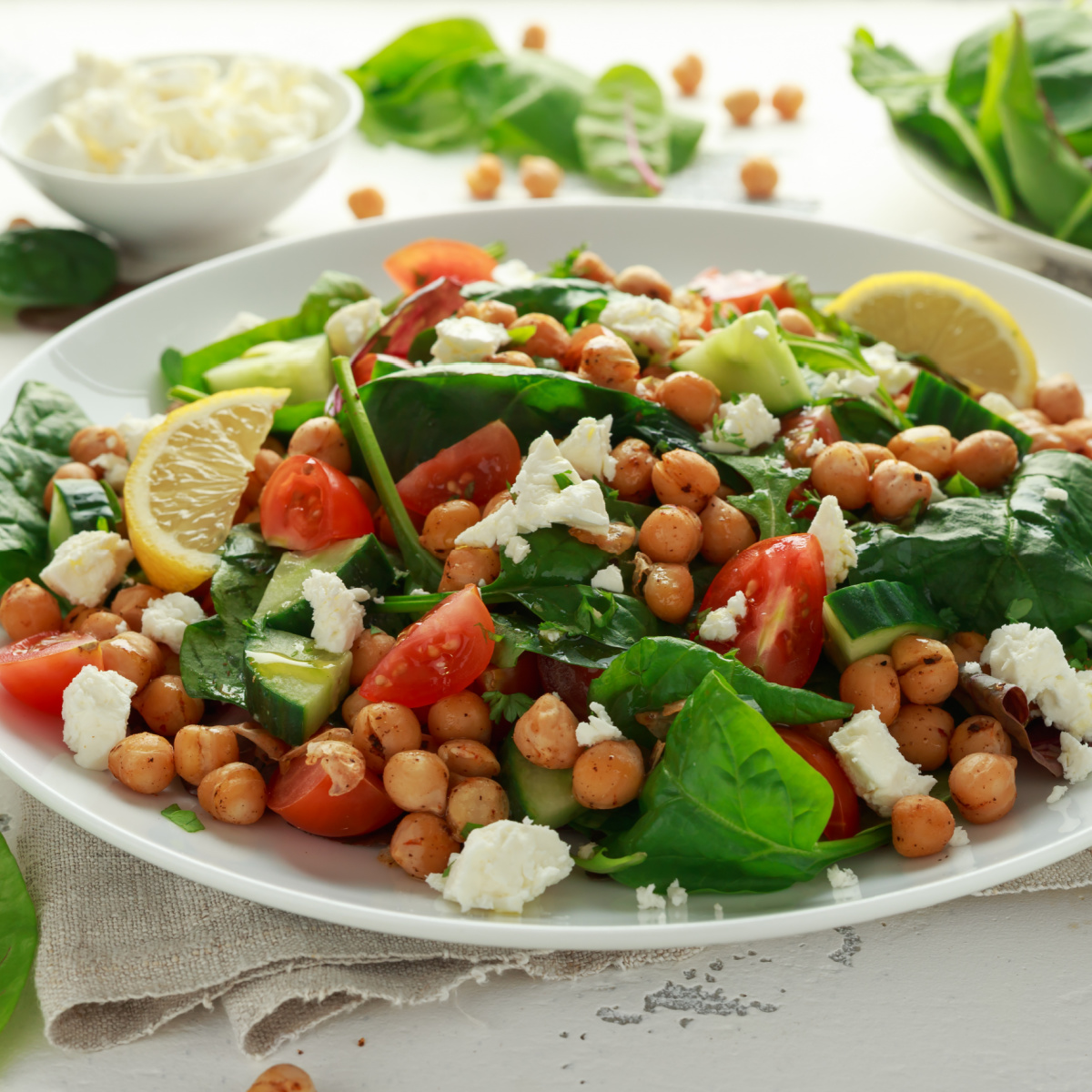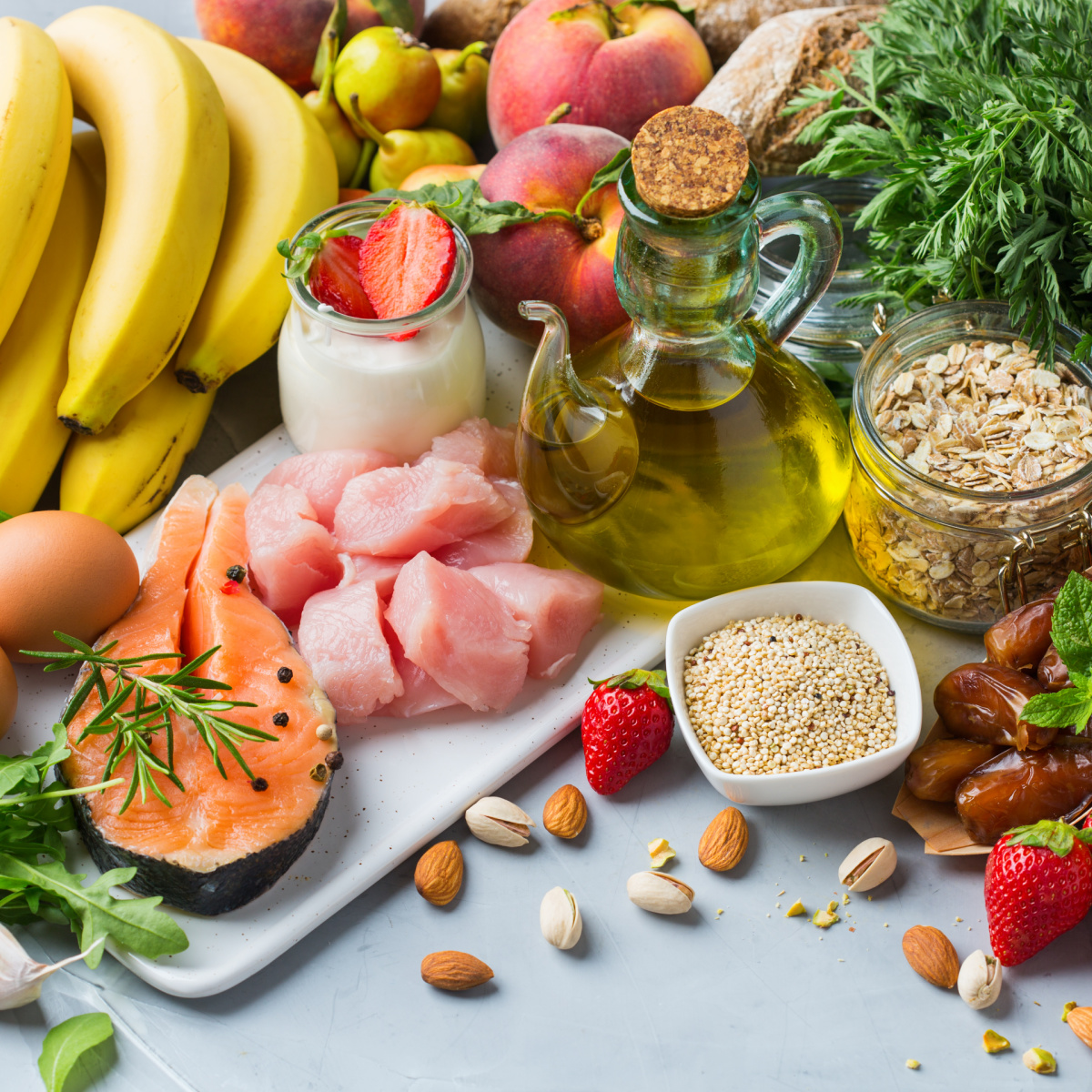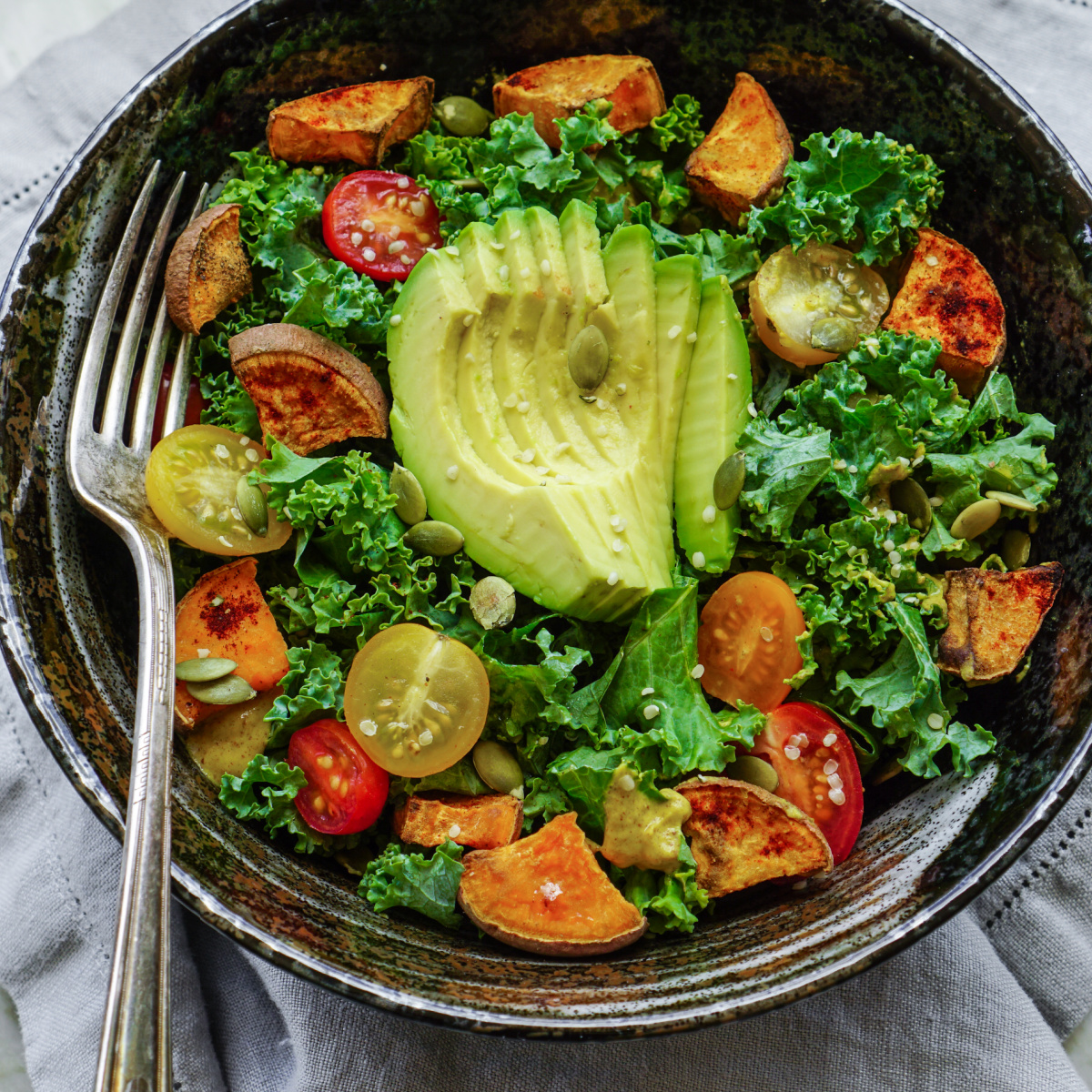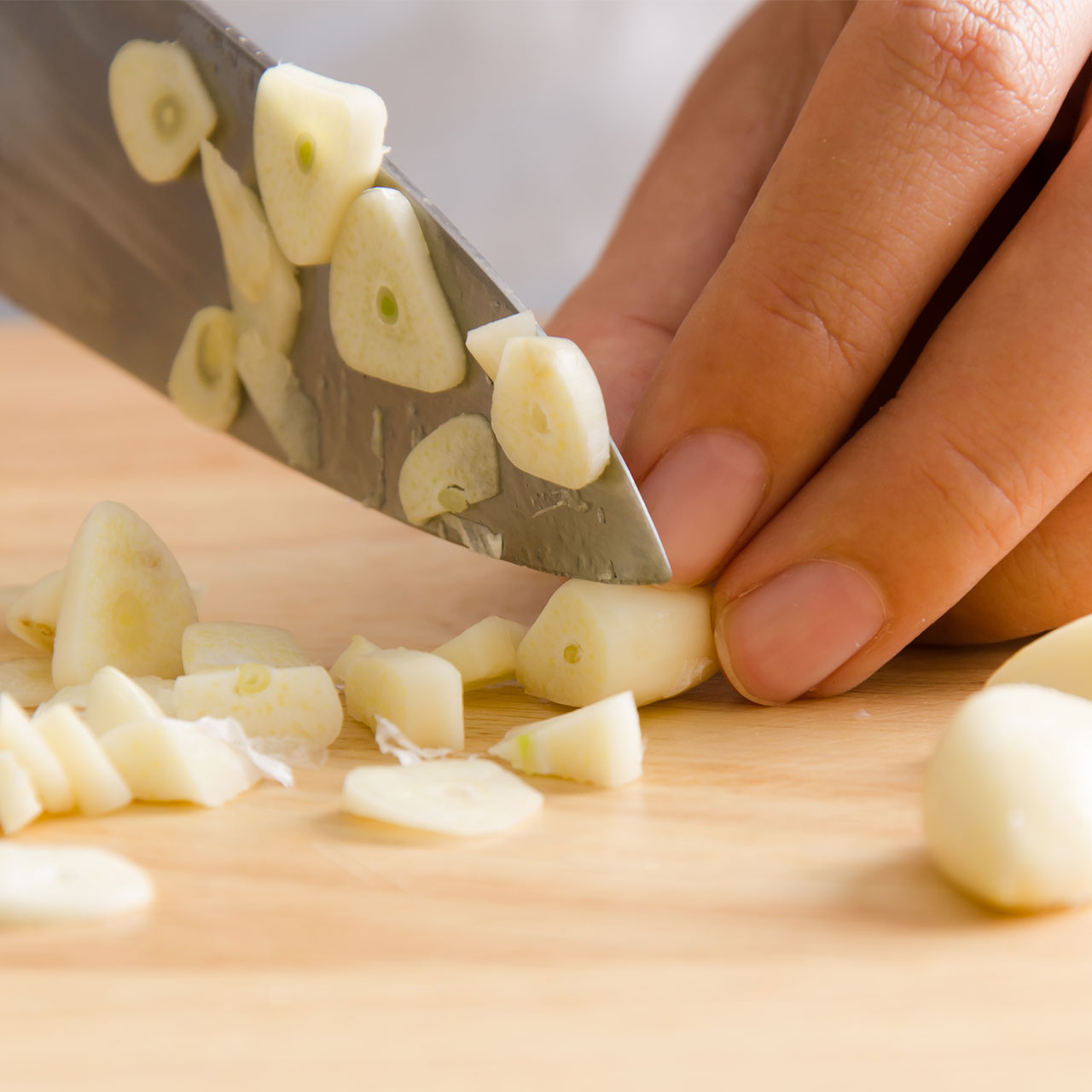When it comes to weight loss, there’s plenty of advice. Magazines, books, and blogs promise that you can lose all the weight you want for good if you just try this new diet. With so many diets out there, how do you know which approach might work for you? Here are some suggestions for choosing a weight-loss program from intermittent fasting and the Mediterranean diet to veganism and the Paleo diet. We spoke with Trista Best, MPH, RD, LD, registered dietitian at Balance One Supplements, about which diet you should use to stick to your 2023 weight loss goals. Find out more below!


Veganism
Veganism is the practice of abstaining from the consumption of animal products, like meat, dairy, honey, and more. It rejects the commodity status of animals. Distinctions may be made between several categories of veganism. And, veganism also involves abstaining from animal products like leather and fur!
"It is possible to lose weight on a vegan diet, as it can be high in nutrients and low in calories if it is well-planned," Best explains. "A vegan diet is one that excludes all animal products, including meat, poultry, seafood, eggs, and dairy. However, it is important to note that veganism is not automatically a weight loss diet, and weight loss is not the primary goal for all vegans. Some people may choose to follow a vegan diet for ethical, environmental, or health reasons." It is important to include a variety of nutrient-dense plant-based foods. This includes fruits, vegetables, whole grains, legumes, nuts, and seeds. That way you can ensure that you are getting all of the nutrients that your body needs.
"If you are considering following a vegan diet for weight loss, it is important to speak with a healthcare provider or a registered dietitian to ensure that it is safe and appropriate for you, and to get guidance on how to do it in a healthy and sustainable way," she continues. By reaching out to your doctor, they can help you create a balanced meal plan and reach all your nutritional needs while following a vegan diet.

Mediterranean diet
The Mediterranean diet emphasizes plant-based foods and healthy fats like veggies, fruits, and whole grains. Olive oil is the main source of fat in the Mediterranean diet. It is traditionally followed in (you guessed it!) countries surrounding the Mediterranean Sea, such as Greece and Italy.
When it comes to weight loss, the Mediterranean diet is highly recommended by medical and health professionals. "There is evidence to suggest that the Mediterranean diet may be effective for weight loss and improving overall health," Best says. "It has been associated with a reduced risk of heart disease, diabetes, and certain types of cancer, as well as improved cognitive function and mental health. The Mediterranean diet is rich in fiber, antioxidants, and healthy fats, which may help to promote weight loss and improve overall health. It is also relatively easy to follow and does not involve strict rules or the need to count calories." The Mediterranean diet is a highly-recommended way to lose weight because you can still eat food that you enjoy like shakshouka, hummus and pita, and Greek salad, and it's good for you!

Paleo diet
The paleo diet, also known as the "caveman" or "stone age" diet, is a weight loss plan that focuses on eating as our ancestors did during the Paleolithic era. "Some people may find that they lose weight on the Paleo diet due to its emphasis on whole, nutrient-dense foods and the exclusion of processed foods. However, it is important to note that the effectiveness of the Paleo diet for weight loss may vary depending on the individual and their unique needs and circumstances," Best says. The paleo diet involves consuming whole, unprocessed foods such as meat, seafood, vegetables, fruit, and nuts. You would avoid processed foods like grains, legumes, and dairy.
"It is also important to note that the Paleo diet may not be suitable for everyone, and it is not a one-size-fits-all approach. Some people may have difficulty meeting their nutrient needs on this diet, particularly if they exclude entire food groups such as grains, legumes, and dairy."

Intermittent fasting
Intermittent fasting is any of various meal timing schedules that cycle between voluntarily reduced calorie intake and non-fasting over a given time. Best says, intermittent fasting "is a popular diet trend, and some people find it to be an effective way to lose weight or improve overall health."
She continues, "The intermittent fasting approach to health and weight goals is typically done in a 16 hour fasting window with an 8 hour eating and drinking window. Alternate day fasting requires the dieter to fast one day and eat [or] drink the next. Twenty-four hour fasts are done once or twice a week, rather than alternate days like the previous. For periodic fasting the individual will fast multiple days, three or less, once a month. Longer fasting periods are said to have effects at the cellular level which improve inflammation, immune response, and longevity."
Best recommends (healthy) intermittent fasting to start off your 2023 weight loss goals. "It is the most sustainable dietary approach, in my opinion, and can be modified to meet the individual's unique needs and preferences," she notes. "There are no food groups being cut out or restricted and no strict food rules to stick to. These characteristics make it ideal for someone wanting to simply improve their health and potentially lose weight in a sustainable and ongoing manner that won't result in rebound weight gain."
Many diets can help you lose weight and offer unique health benefits. While all of the above diets have been shown to be effective for weight loss, the diet you choose should depend on your health, lifestyle, and food preferences. This ensures that you are more likely to stick to it in the long term. And before starting any kind of new diet, it's always a good idea to talk with your doctor about your personal health history!


























